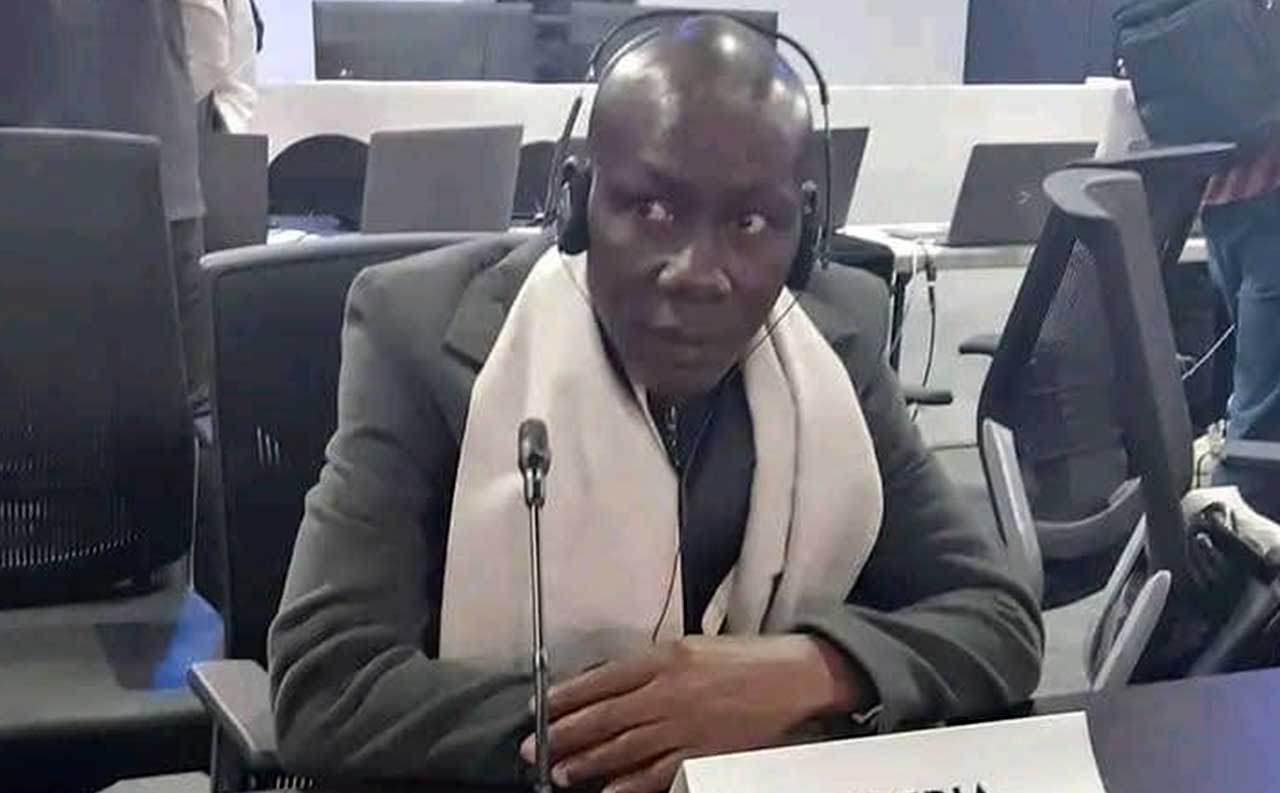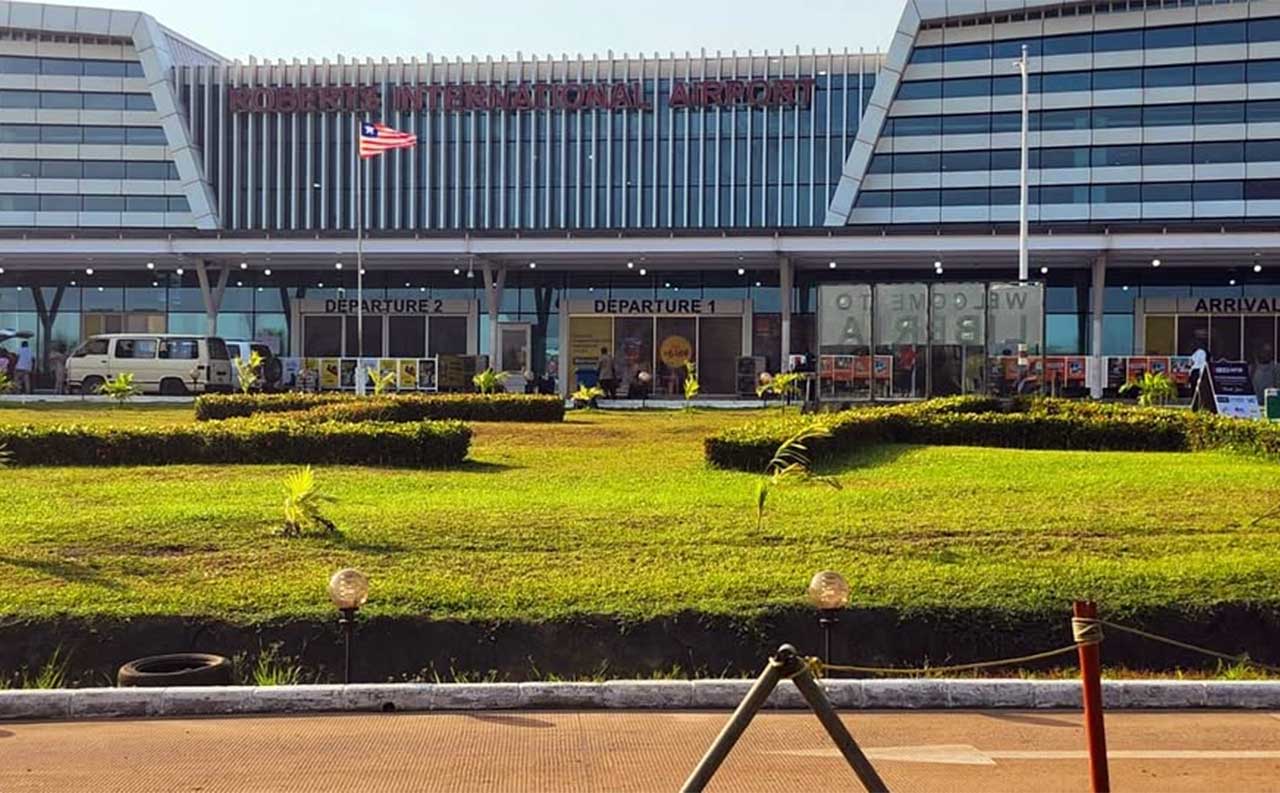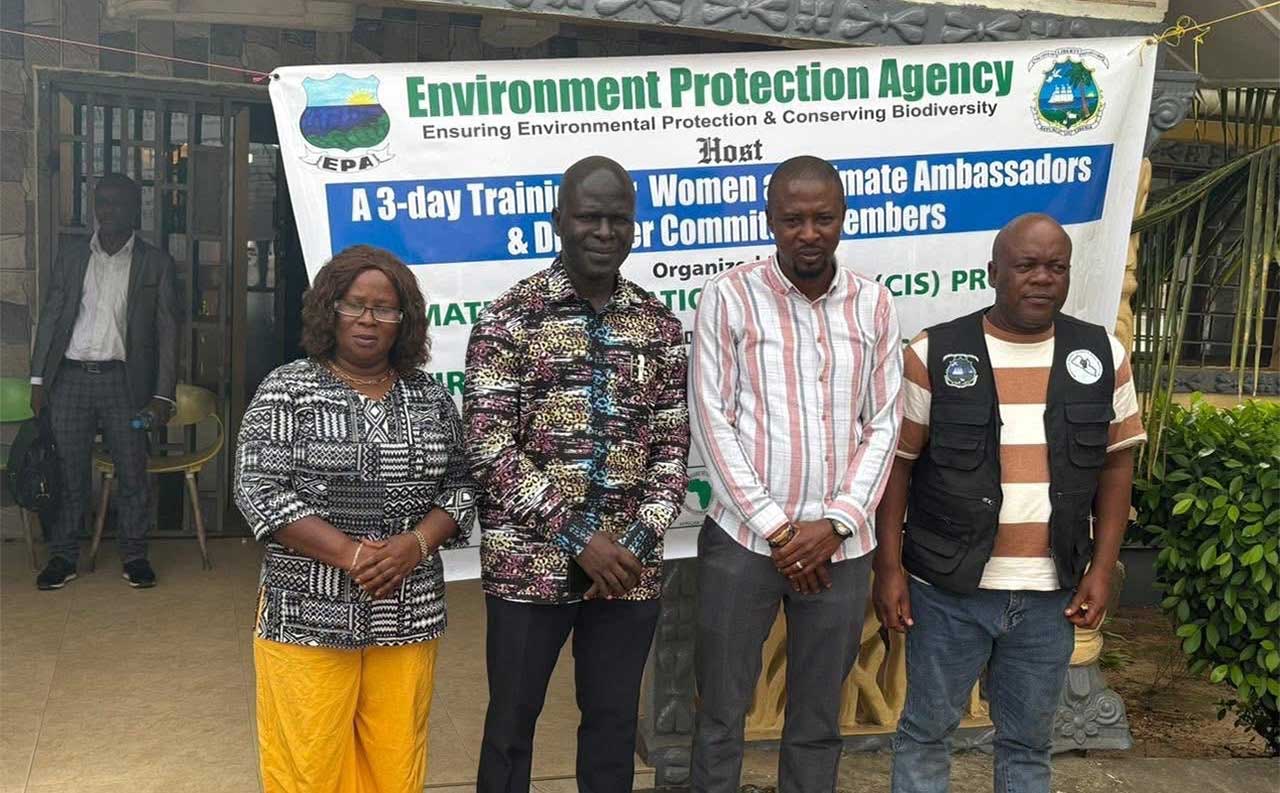Assistant Internal Affairs Minister for Urban Affairs, Mike Jarbateh, has proposed the enrollment of inmates in structured farming programs if Liberia is to build a vibrant agriculture sector.
According to him, agriculture remains one of the most promising paths for sustainable development and economic growth in Liberia, and to make this sector vibrant, leaders must think outside the box and maximize every available human resource, including prisoners, stating that a fresh and transformative idea is to engage inmates in structured agricultural programs which will not only equip them with valuable trades and life skills, but also enable them to contribute meaningfully to “Mama Liberia.”
In a statement issued on Tuesday, May 6, 2025, Assistant Minister Jarbateh imagined a system where prisoners are trained in modern farming techniques, producing rice, vegetables, palm oil, and even poultry.
He said these efforts can help reduce food importation, cut prison feeding costs, and boost national food security, referencing countries like Thailand and Uganda that have already seen success with similar programs. “In Thailand, for instance, inmates on prison farms grow crops and rear livestock, which support both prison systems and community food banks. Uganda’s Luzira Prison allows inmates to cultivate food for their own consumption and for sale, giving them a sense of purpose and productivity,” the assistant minister noted.
Making a stronger case, he intoned that some may raise concerns about labor rights and exploitation, which he admitted could be valid, but said that this approach can be made ethical, with clear guidelines, proper compensation, and voluntary participation.
“Think of it not as forced labor but as rehabilitative agricultural training. For instance, a prisoner serving time for a non-violent offense volunteers to join a cassava planting program. He learns the trade, earns a stipend, and upon release, receives support to start his own farm. This is rehabilitation with impact,” Jarbateh said.
He called for a shift in the narrative as these prisoners are not just inmates, but potential farmers, future entrepreneurs, and contributors to the economy, saying, “By investing in agricultural training within our correctional system, we give them a second chance while strengthening one of Liberia’s most vital sectors. Together, we can grow food, grow skills, and grow Liberia.”



